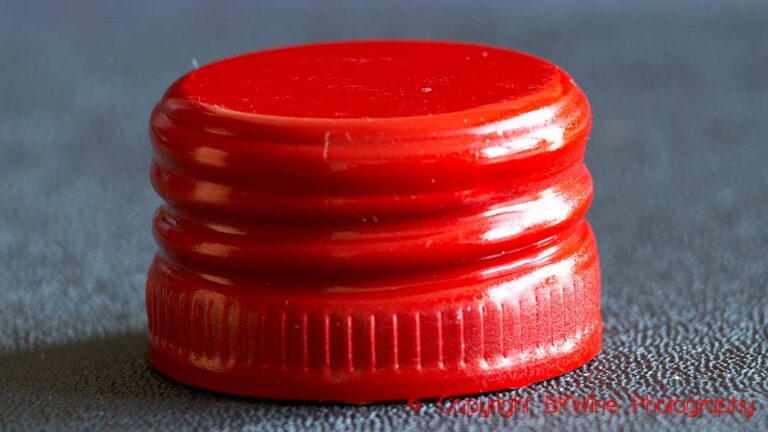This question has been more hotly debated since the screw cap arrived on the scene. According to a study at the faculty of oenology at the Bordeaux University the answer is yes. The study, made in collaboration with the cork producer Amorim, concludes that the cork gives a small but measurable contribution of oxygen to the wine, primarily thanks to what is trapped in the cork cell structure itself.
An older study by the professor Jean Ribéreau-Gayon found that a bottle closed with cork had an addition of oxygen of 0.1 to 0.38 ml over the first three weeks and between 0 and 0.07 ml over the four following months.
The cork advocates say that this is beneficial for the aging of the wine and that it reduces the risk of a “reduced” (as opposed to oxidised) character in the wine. Enthusiasts for the screw cap do not quite agree of course.










2 Responses
Do you have a link for this report ?
No Anonymous, we don’t. It’s been reported in various places and we’ve met some people involved, and most recently it was mentioned in a letter to the editor in Off License News written by one of the report authors.